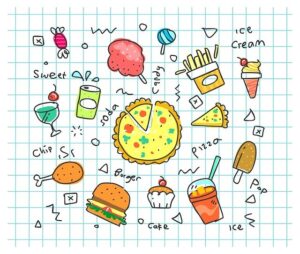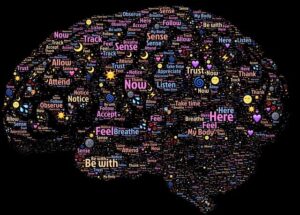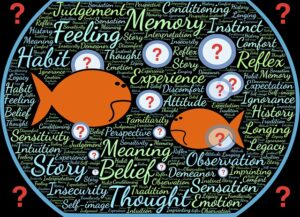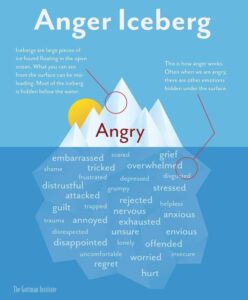Latest Blog Posts

Body Image and Binge Eating
What is Binge Eating? Binge eating can be defined as episodes of overly excessive and rapid eating in a short period of time which are accompanied by a sense of a lack of control. This results in distress. There can be

Anxiety
Anxiety is a feeling of unease, worry or fear, that can be mild or severe. Some people find it hard to control their worries and this can often affect their daily lives. Having issues with anxiety for more than six months

Healing From Narcissistic Abuse
Those with Narcissistic Personality Disordered parents have a lot of healing to do, but it can be done. The defences that were built in childhood need to be carefully dismantled and replaced with the characteristics of assertiveness and confidence. Many people

The Effects of a Difficult Childhood
A difficult childhood can be defined as one where one or both parents may have been in addiction, have had a difficult childhood themselves that they never dealt with, they may have had anger issues and therefore were frightening, or they

The Anger Iceberg
The Anger Iceberg reminds us that when we are feeling angry we are often protecting ourselves from other emotions. Anger is a useful tool as it is full of energy which helps us to act and it keeps others away from

Treating Complex Trauma
Complex PTSD develops in response to chronic traumatisation over the course of months or years. The trauma can include emotional, physical or sexual abuse. There are exceptional circumstances in which adults can develop Complex PTSD, but it is mostly seen in

Clues That You May Have Complex PTSD
Some people who have Complex PTSD often do not know that they have it because so much of their emotional life and bodily sensations have been suppressed. Here are some subtle clues that might point to CPTSD: Body You may find

Why We Self-Sabotage
Why Do We Self-Sabotage? Self-sabotage can be defined as acting in a way that is detrimental to both our well-being and to reaching our potential. Self-sabotage can be either conscious or subconscious and is expressed in our behaviours when we undermine

Depression
Depression can occur for a variety of reasons and can range from mild to severe. It may be caused by a specific event such as a bereavement, a loss of a relationship, a divorce, illness, career worries or a redundancy. Some


